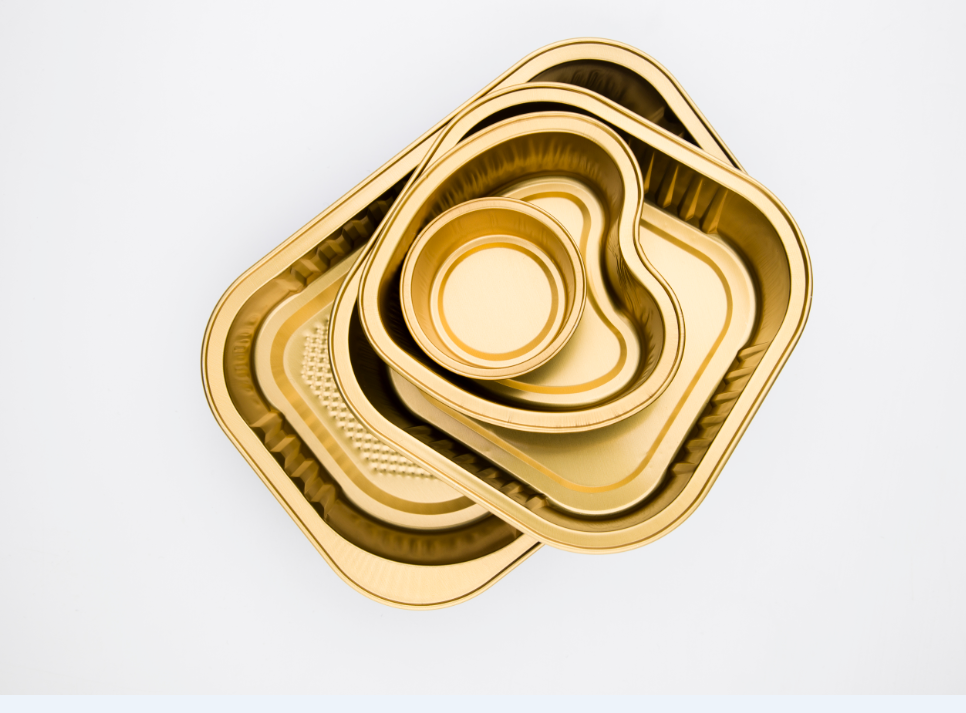Is aluminum foil bad for our health?
No, aluminum foil itself is not harmful to our health. However, as a precaution, strongly acidic products or foods with a lot of salt should not be stored or grilled in aluminum foil. Acids or salts – such as from apple slices, gherkins, feta cheese or sausage meat – can release aluminum ions from the foil, which may enter (migrate) into the food. This is an aspect that the manufacturer clearly states on the packaging. The purpose of this is to ensure that the migration limit of 5 mg per kg of food, as defined by the European Council as a precautionary measure, is not exceeded.
“It’s perfectly safe to use aluminium foil as a food packaging material if you follow certain rules.”
Aluminium foil: the all-rounder in the home
Aluminium foil is an indispensable feature in our kitchens: the packaging material effectively protects against light, oxygen, moisture and bacteria. Compared to other packaging materials such as plastic wrap or baking paper, aluminum foil is a so-called “absolute barrier”. Due to its properties, aluminum foil can extend the shelf life of food, thus making a major contribution in avoiding food waste. BTW: Because of this, aluminum foil is also often used as one of many components in composite packaging systems, such as the material used to package UHT milk. Here, the thickness of the aluminum foil may be only 0.006 mm, in other words, even thinner than a human hair. Food waste is a serious problem of our time: 50% of food waste generated in Germany could have been avoided in 2017, according to a study conducted by Germany’s leading market research institute Gesellschaft für Konsumforschung (GfK) and the Federal Ministry for Food and Agriculture – by, inter alia, ensuring optimum storage conditions and proper protection of food.
Aluminum in our body
Aluminum is all around us: we ingest it every day. As the third most abundant element in the earth’s crust, it also finds its way into food crops and our drinking water supply – which is why it’s a natural ingredient in most of the foods we eat, such as tea, salads or chocolate. BTW: By far, we consume more than 60% of this natural element in unprocessed foods, followed by food additives at 40% of our intake. Only a fraction, up to 4%, gets into our bodies through uncoated aluminum products such as household utensils, baking sheets or aluminum foil. Our color-coated aluminum foil containers can greatly reduce the amount of aluminum ingested.
However, according to the current state of science, ingestion of aluminium does not pose a health hazard to the average healthy consumer: according to the European Food Safety Authority (EFSA), 1 mg of aluminium per kg of body weight per week intake From a physiological point of view, our Food is safe. Therefore, for a person weighing 70 kg, aluminium intake is limited to 70 mg per week. A person with healthy kidneys rapidly eliminates 99.9% of aluminum through the renal pathway.
According to recent scientific research, in 2011, the Joint FAO/WHO Expert Committee on Food Additives (JECFA) raised the upper tolerable intake of aluminium to 2 mg aluminium per kg body weight, in other words double the limit recommended by EFSA in 2008 .
Post time: Nov-01-2022





